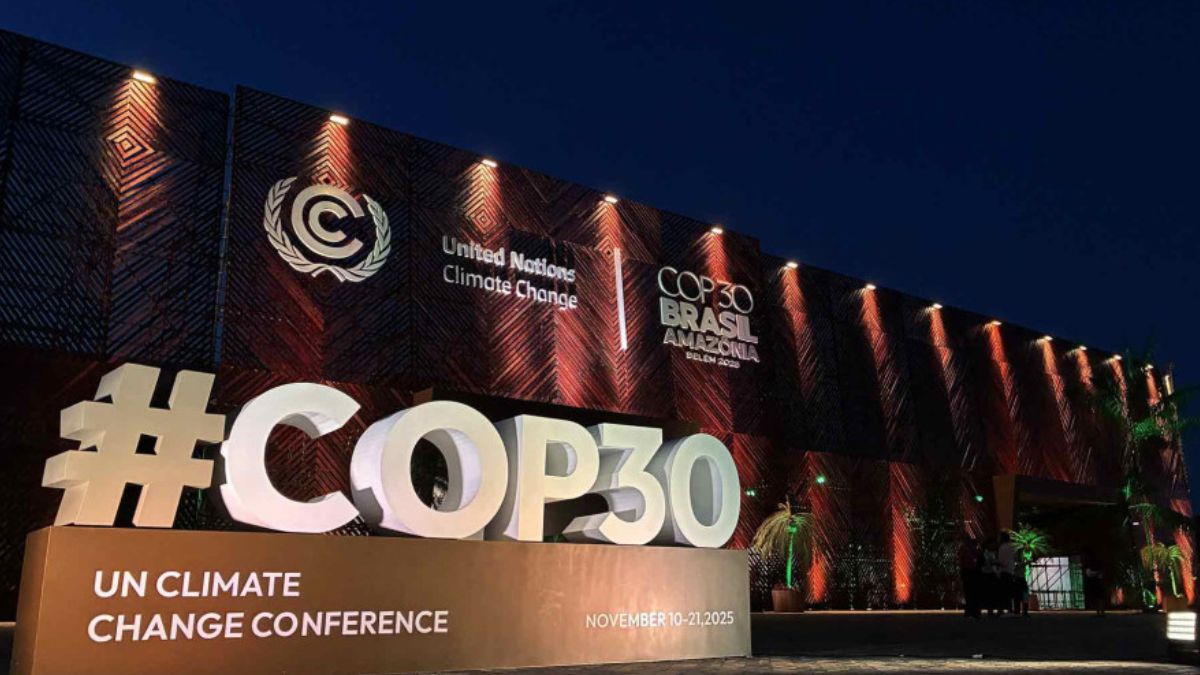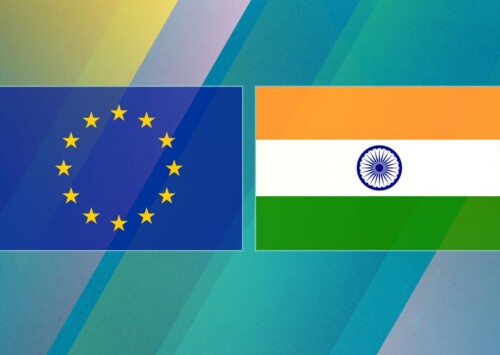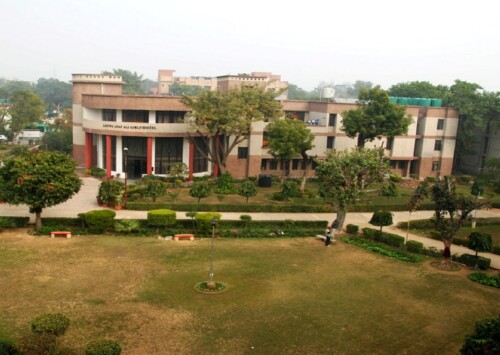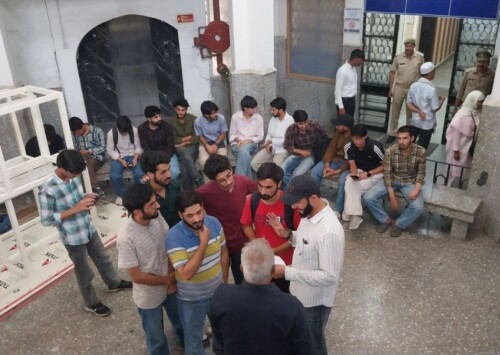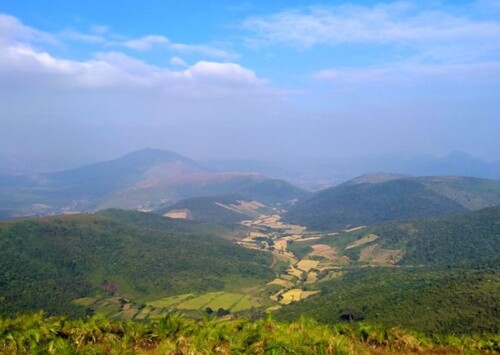Global North violating Paris Agreement commitments: Climate Action Network
Report on “Inequity, Inequality and Inaction” released at COP30 in Belem
Even 10 years after the Paris Agreement, the developed world is continuing to fail in its commitments of cutting carbon emissions, while expanding its oil and gas sector and also failing to deliver climate finances as committed in the agreement, says a report by Climate Action Network released at the ongoing COP30 at Belem in Brazil.
At the ongoing global climate summit, COP30, that is under progress at Belem in Brazil, Climate Action Network, a coalition of climate action organisations from around the world, has released a report highlighting the failure by Global North countries in cutting down fossil fuel emissions and continuing to expand oil and gas, and falling short on delivering climate finances promised 10 years ago at the Paris Agreement.
In a press statement, Climate Action Network says that as per its report, Inequity, Inequality and Inaction, the global finance system has failed with several countries trapped in debt and dependence.
It says that while the Global South is closer to meeting its fair share, more action needs to be taken on climate control which has been held back due to the lack of funds. Global goals set continue to remain out of reach unless the COP 30 delivers a reset and moves from loans to grants, and provides support to countries to invest in clean energy.
The statement adds that the calls by Global South in real public finance were met with false accounting leaving poor nations trapped between debt and disaster.
Also read:COP30 President’s proposed climate agenda reforms not enough: NGOs
According to Climate Action Network, the need of the hour was for COP30 to confront political reality with a new climate realism, one which pushed ahead with transformative changes anchored in equity, justice and cooperation.
COP30 must work on achieving a fair share in NDCs, a financial reset and transition framework which could be achieved by putting workers and the youth at the centre and redirecting militarised resources towards peace, it says.

Tasneem Essop
“Climate ambition and climate justice are not competing visions – they are one and the same. But both are being strangled by elite capture and fossil lies. Belém must break that grip, reset cooperation on fair shares, and put power back in the hands of people and communities. The Global North must end its wealth hoarding and deliver its overdue debt, in trillions for climate finance, in a rapid fossil-fuel phaseout, and in restoring trust through real solidarity, not empty rhetoric,” says Tasneem Essop, Executive Director, Climate Action Network International.

Alex Rafalowicz
“The new report shows how fossil fuels drive inequality in every sense, within nations, enriching elites at the expense of the people, and between nations, trapping vulnerable countries in poverty and debt. It reveals decades of sabotage, with wealthy countries expanding fossil fuel exploitation while depriving the Global South of financing. We must end this injustice by tackling its source: delivering fair-share funding, equitably phasing out fossil fuels and prioritising people over profits. This crisis has never been about a lack of solutions, but about making the right political choices. Countries like Colombia and the Small Island States are leading the charge to build a fossil-free future through a Fossil Fuel Treaty. They are proving that true climate leadership comes from those most impacted, not from polluters blocking progress. The path forward is clear, the question is whether governments will finally follow the courage of those already leading the way,” says Alex Rafalowicz, Executive Director of the Fossil Fuel Treaty Initiative.

Niranjali Amerasinghe
“After 10 years of the Paris Agreement, it is absolutely unacceptable that rich developed countries are failing to contribute their fair share of climate action. These countries, especially the United States, have not cut emissions sufficiently in the past decade. Worse, they also are not making meaningful commitments to accelerate action in the future, even as global temperature goals are breached and the science is extremely clear that much more urgency is needed from the world’s historical polluters. On top of that, rich countries are also failing utterly to provide climate finance – support for poorer and more vulnerable countries to implement their own climate goals. Climate finance is a cornerstone of the Paris Agreement; without it, the entire structure of international climate cooperation falls apart. Rich countries must do their part – there is no time left to wait,” says Niranjali Amerasinghe, Executive Director, ActionAid USA.
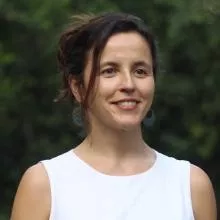
Mariana Paoli
“This year’s report is a wake-up call for the climate community and beyond. The energy transition we urgently need, one that phases out fossil fuels and centres fairness, will not happen without a radical shift in the global economy and a deep reform of the international financial system. Without structural change, climate action will continue to fall short. The climate crisis is a justice crisis. Developed countries must take responsibility not only for their failure to deliver meaningful climate action, but also for perpetuating a global economic system that entrenches inequality and neo-colonial control. To unlock real progress, we need to democratise economic decision-making and redirect financial flows toward the global South. It’s time for wealthy nations to act in the interests of the global majority,” says Mariana Paoli, Global Advocacy Lead, Christian Aid.
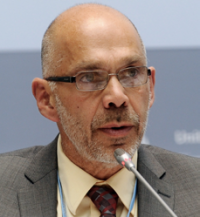
Tom Athanasiou
“Paris could have been a turning point. It posited a world in which all countries, both the wealthy and the rest, would do their parts, as they saw them, to stabilise the climate system. The Paris Agreement wasn’t ideal, there were no agreed national fair shares, and of course there was no enforcement. But there was a chance, and it was real. Today, 10 years later, the guarded hope has dissipated. How could it not, when the wealthy have utterly failed to do their fair shares? The Global South countries, with important exceptions, have done better, but absent the finance and technology support they need to leapfrog to a post-carbon world, it has not been enough. They have not been able to break the death grip of the fossil fuel complex,’’ says Tom Athanasiou, Climate Equity Reference Project.
“In this report, we have looked back upon the squandered opportunities of the last decade, and drawn conclusions. We have, in particular, concluded that the finger of blame must be pointed at the world’s rich, who have used their wealth to amass far too much political power, and used that power to service their conceits and self-interests. This is not exactly news, but neither have the dots been clearly connected. The brutal fact is that the world’s rich could easily afford to finance a global just transition. The necessary expenditures, though huge, are far smaller than their holdings. They would hardly know the difference. There is little time now. Even as the governments deadlock, the natural world is hitting its first tipping points. This really is, now, the time of consequences,” adds Athanasiou.

